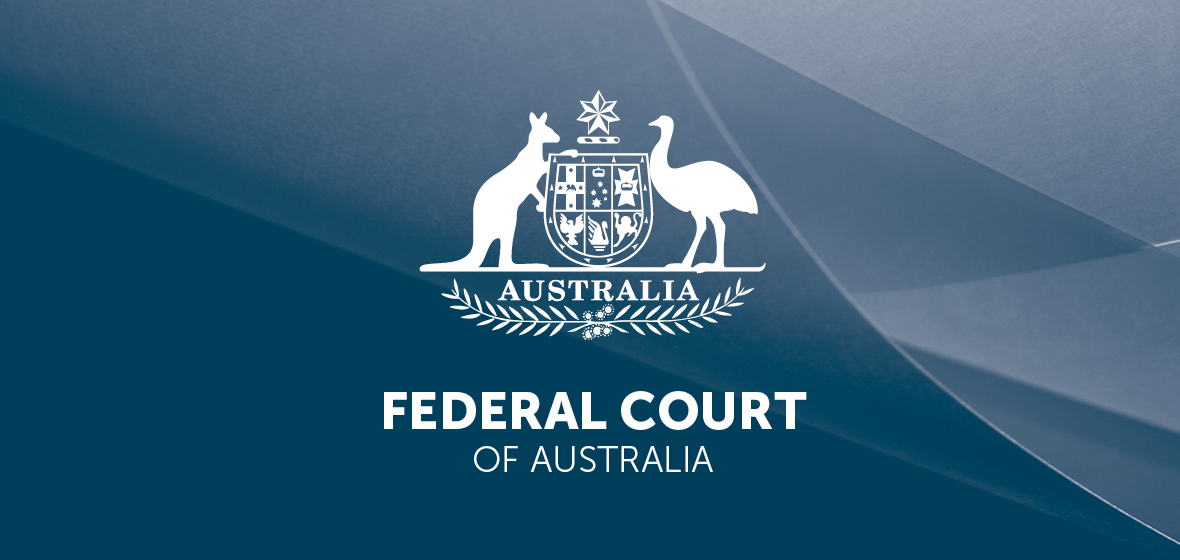Key decisions
- Cantor v Audi Australia Pty Ltd [2016] FCA 1391
- Singh v Minister for Immigration and Border Protection [2016] FCAFC 141
- Gill v Minister for Immigration and Border Protection [2016] FCAFC 142
- ABA15 v Minister for Immigration and Border Protection [2016] FCA 1419
EVIDENCE
Legal professional privilege – communication of legal advice to overseas regulator – whether existence and waiver of privilege under common law principles
In Cantor v Audi Australia Pty Ltd [2016] FCA 1391 (22 November 2016), the Court (Bromwich J) upheld claims of legal professional privilege (‘LPP‘) and rejected claims of waiver of LPP.
The privilege dispute arose in the course of five parallel class actions by purchasers or lessees in Australia of various diesel engine models of Volkswagen, Audi or Skoda motor vehicles. The substantive proceedings concern whether the vehicles had certain software that detected when a test vehicle was being assessed for regulatory approval by the federal authority for motor transport in Germany (the German regulator). The applicants allege that the software affecting the operation of the vehicles during test conditions is a ‘defeat device’ forbidden under German and Australian law.
In September 2015, the German regulator commenced investigations into the software that affected laboratory test performance and its impact on approvals that had been given to vehicles. On 25 September 2015, the German regulator wrote to Volkswagon AG and other VW parties and by its letter ordered certain things and made certain requests (at [12]-[13]). Between 28 September 2015 and 6 October 2015, Volkswagon AG sought and obtained advice in writing from their law firm in Germany, Freshfield Bruckhaus Deringer LLP, which was provided in the form of a memorandum (‘the Freshfields document’). On 7 October 2015, Volkswagon AG wrote to the German regulator and referred to and enclosed the Freshfields document. Subsequently parts of the Freshfields document were reproduced in documents of the German regulator to Volkswagon AG communicating administrative procedures as the regulator dealing with issues concerning the affected vehicles (‘the ordinances’). Volkswagon AG claimed LPP over the communications comprising the Freshfields document and references to its contents in other documents (namely, the ordinances).
It was common ground that the issues in dispute as to the existence of LPP and its waiver were governed by Australian law and, relevantly, the common law (and not the Evidence Act 1995 (Cth)) (at [32]).
The Court provided a detailed analysis of the legal principles and authorities on the existence of LPP (at [56]-[74]) and implied or imputed waiver (at [75]-[99]). In relation to the latter, Bromwich J examined the different perspectives in different judgments in the major cases of Goldberg v Ng (1995) 185 CLR 83 (as well as in the Court of Appeal) and Mann v Carnell (1999) 201 CLR 1 (at [84]-[88]).
The Court held that LPP attached to the Freshfields document (at [117]). From considering the form, context and content of it, the Court said ‘it is plainly and unambiguously legal advice of the kind that would be expected to be provided by any competent lawyer, and especially by a major law firm’ (at [109]). Although not true of or required of all legal advices, the Freshfields document was not in the form of a submission, did not propose a solution, and was ‘relatively pure legal opinion’. It satisfied the dominant purpose test (at [111]). In relation to the provision of it to the German regulator, ‘there was no evidence to show that Volkswagon AG had made any decision in relation to the use of the Freshfields document before it was furnished’ (at [112], [115]).
LPP also attached to the subsequent communications by the letter to the German regulator and the ordinances by the German regulator (at [121]-[125]). The Court found at [122] that the covering letter referring to the Freshfields document ‘came under the umbrella of privilege that was maintained in relation to that document. It would be artificial in extreme to suggest that privilege is not maintained because any additional step is taken of this kind.’ The ordinances were communications from the German regulator back to Volkswagon AG (or Audi AG) as the holder of the privilege in relation to the document (at [123]). They did not amount to fresh or new communications, distinguishable from the situation in Seven Network Ltd v News Ltd (2005) 144 FCR 379 (at [124] (see also [121])).
The Court also found there had been no imputed waiver by third party communication and use (at [133]-[140]) or reliance in litigation (at [145]-[149]).




